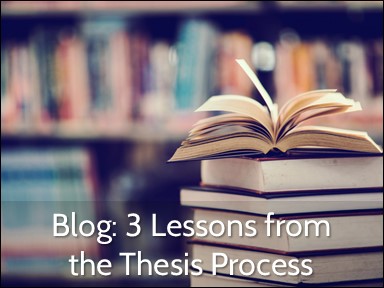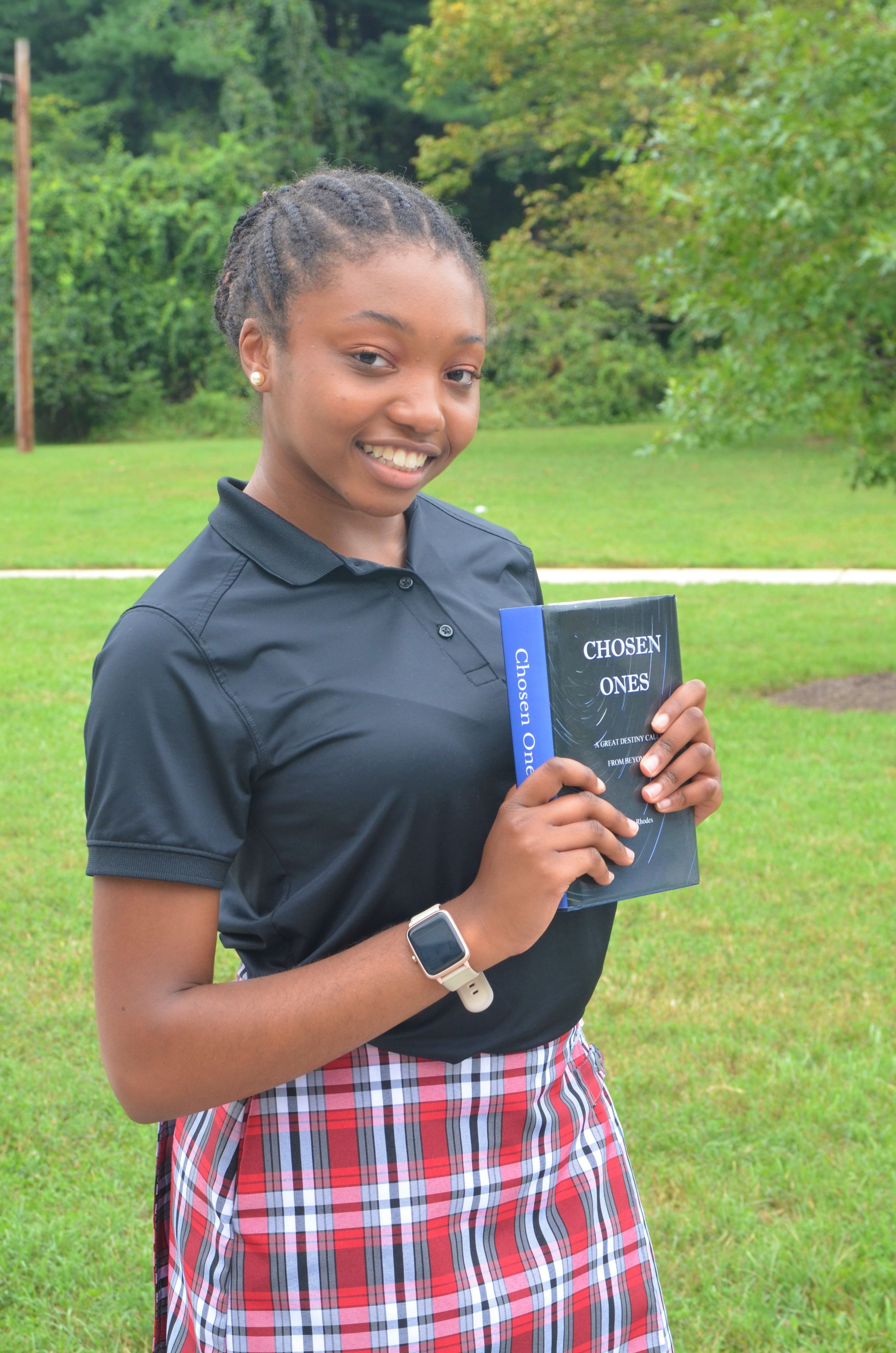Rockbridge Academy Blog
Three Lessons from the Thesis Process

When people asked me “What do you teach?”, I would sometimes say, “A research, writing, and speech class for juniors and seniors. It’s called ‘rhetoric.’” But it is more than that: rhetoric is a capstone of a liberal arts education, and success is measured less in information or skills students acquire (research, writing, speech) than in the kind of people students become. Don’t misunderstand me—we cover a lot of information in rhetoric, from the sonnet structure to the power of MLK Jr.’s “Letter from Birmingham Jail”. . . . But the core of a liberal arts education is for students to become self-disciplined, independent learners who can serve the world with their wisdom. The junior and senior thesis projects are opportunities for students to do just that.
First, the thesis is an exercise in self-discipline. The final product does not come about in a day’s work. Students must determine a worthwhile topic, develop a feasible research question, track down trusted resources, understand experts on all sides, glean pertinent evidence, develop their own ideas, organize their thoughts into an outline, articulate their argument in clear writing, turn their written argument into a compelling speech, present their argument before an audience, and answer that audience’s questions. Don’t worry—we lay out many, many checkpoints, with feedback and instruction along the way. But the ability to accomplish such a project takes practice (part of the reason for including both a junior and a senior thesis in the curriculum), and students who try to track down the necessary sources the night before the note cards are due learn the pain of procrastination.
Second, the thesis is an exercise in independent study. I frequently tell my students that my goal is to work myself out of a job, meaning that I want them to no longer need a teacher in order to learn whatever they want. Students of a liberal arts education should be prepared to tackle the topics that come their way, and the thesis projects are an opportunity for students to put their ability to the test. From nuclear energy to separation of church and state, from embryonic stem-cell research to the value of fairy tales, the thesis topics are as varied as the students’ interests. The thesis shows they have the skills to be lifelong learners, coming to biblically-grounded conclusions with less and less direction from a teacher.
Finally, the thesis is an exercise in sharing ideas with an audience. Over the years, I have been inspired by lines from Rudyard Kipling’s poem “IF”: “If you can talk with crowds and keep your virtue, / Or walk with Kings—nor lose the common touch, . . . / Yours is the Earth and everything that’s in it, / And—which is more—you’ll be a Man, my son!” I want my students to be able to speak before both kings and commoners with virtue and clarity. The Apostle Paul gives a biblical model of this in his own ministry and charges us in Ephesians 4 to use our skills to build up the body of Christ. I know I have been built up by listening to many thesis presentations from my students. They have done the hard work of thinking and writing, and at the end of the year they have shared their work with others through public presentations.
The rhetoric work of Rockbridge students has frequently reached a wider audience through speech competitions such as the Rotary Club 4-Way Test speech competition, the VFW Voice of Democracy competition, and the Association of Classical Christian Schools Chrysostom Oratory competition. These audiences have recognized the excellence of our students’ work on a state and national level. Many students, though, celebrate triumphs that never gain accolades at award ceremonies—persevering through an apparent dead-end in research, finding the perfect phrasing for a sentence, and learning to listen to classmates who disagree and to seek biblical unity on difficult issues.
In his small book The Idea of a Christian College, Arthur F. Holmes captures part of my aim in teaching: “To teach a person to read and to write is to teach him to think for himself, to develop more fully the possession of his God-given powers” (p. 31). In some sense, I am still teaching students to read and write. They are simply reading academic journals and writing a 20-page persuasive essay. But in response to “What do you teach?” maybe I should say, “I am helping students develop their God-given powers,” and I’ve found the thesis to be a helpful tool towards that end.
Emily Scheie is a teacher who is grateful to share the joy of learning with her students. Outside the classroom, you might find her coaching cross country, taking graduate classes in linguistics, or reading for book club (with a mug of tea in hand). She is a sister to six siblings and three siblings-in-law and is an aunt to a growing number of nieces and nephews. She worships and serves with Redeemer Anglican Church in Annapolis and believes, in the words of the poet Gerard Manley Hopkins, “The world is charged with the grandeur of God.”
Interview with Ivanna Rhodes: Novelist

What was the process of writing and publishing Chosen Ones like?
“Publishing a book is not an easy process. After you finish writing something, in order to protect it from infringement, you have to get it copyrighted with the US copyright office so you can have all of your intellectual property protected. After that I started looking for an editor to edit it because I wanted to make sure it was completely fine before I started to put it out there. My editor is actually a former graduate of Rockbridge [Catherine Roshner], and she herself is an author with a major in English, so she knew what she was doing. My violin teacher knew her and recommended her to me and me to her, and so she took my first draft, and she did it in a month; she did content and grammar and style, all of that. She gave me her comments and I went from there. When I went to turn in my second draft to her though, she was unable to do it due to her own job, and so I decided that I would have to self edit. So I ended up doing an extra twenty-four drafts, all self edited, so it took a total of twenty-six drafts and it was only then that I was like, ‘okay, I think I can publish this.’”
How has your time at Rockbridge influenced your ability to write a novel?
“I always thought that I was an okay writer, and then I got to dialectic and Mr. Head’s writing class. Structured writing has not always been my thing, because with fantasy you can pretty much do whatever you want and no one will care, but with structured writing there are guidelines you must stick to. But it has been helpful because learning the right structure, even though it’s not always necessary in the realm of fantasy fiction, is still a very good skill to have and it is a skill I did not have. Literature classes and writing at Rockbridge has improved my strengths in research and in grammar and style.”
Is there a message or moral in Chosen Ones that you want your readers to take away?
“There are several messages and morals that I tried to bring out in Chosen Ones. One of the biggest is the theme of redemption. The idea that even those who have gone wrong can be turned back to the good side.”
How has your time at Rockbridge influenced the moral of your novel?
“At Rockbridge we read a lot of books that are fictional but have underlying moral themes like A Tale of Two Cities, or Macbeth, or stuff like that. So the moral was influenced by the fact that I started paying more attention to how the authors would hide the underlying moral value of their story underneath the fictional aspect of it. That definitely influenced the moral, especially how to do it in a way that it is clear, but also flowed well with the story.”
What would you tell someone trying to finish a book?
“Commit! You have to commit to finishing a book. Because it’s on the shelf it looks like it was easy, but it wasn’t. You must commit and you must be willing to go through both the hard and the easy in order to make it to the end. I know for me there were a lot of times I wanted to give up, I was like ‘this is too hard, I don’t even know what I am supposed to do.’ But I was like, ‘I’ve come this far and it would be a shame to stop because I quit.’”
Is there anything else about you or Chosen Ones that you would want people to know?
“Chosen Ones probably would not have gotten finished if it hadn’t been for my back surgery which I had the summer of 2019. It was a major surgery, I was on bed rest for six weeks. Because of all that downtime I had, I was able to get a huge chunk of it done. I had not been able to find time to do it before, so because of that I was able to do a lot of writing. I feel like if I hadn’t then it would probably still be in process today. So that was a huge blessing, and I am very glad for that time I had to finish it.”

https://www.amazon.com/s?k=ivanna+rhodes&crid=1BVEWH1OED7V3&sprefix=ivanna+rhodes%2Caps%2C80&ref=nb_sb_noss_1
https://www.barnesandnoble.com/s/ivanna%20rhodes